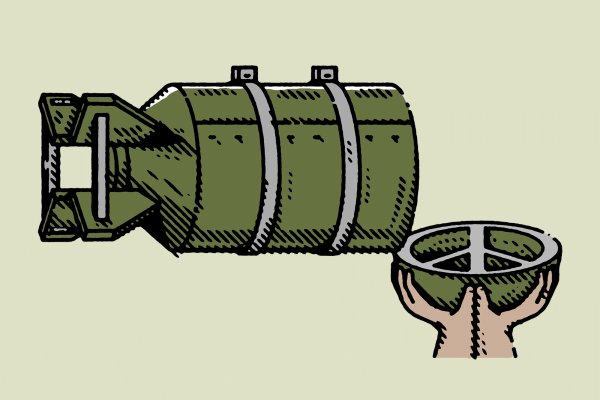MARCH 25 marks the sixth anniversary of the start of the brutal and tragic war in Yemen. The Saudi-led coalition’s offensive operations, code-named Operation Decisive Storm, began with airstrikes and a naval blockade against Houthi rebels with the goal of restoring Yemen’s ousted government. With early and extensive U.S. military support, this war has created what many consider the most severe humanitarian crisis on the planet.
During his presidential campaign, Joe Biden promised a policy reset on Yemen. “I would end U.S. support for the disastrous Saudi-led war in Yemen and order a reassessment of our relationship with Saudi Arabia,” Biden said. “It is past time to restore a sense of balance, perspective, and fidelity to our values in our relationships in the Middle East. President Trump has issued Saudi Arabia a dangerous blank check. Saudi Arabia has used it to extend a war in Yemen that has created the world’s worst humanitarian crisis, pursue reckless foreign policy fights, and repress its own people.”
Biden’s promise offers hope to those committed to peace, but his administration must do much more than help pick up the pieces. Yemen needs humanitarian aid, an end to the blockade, and good faith diplomacy.
Read the Full Article

